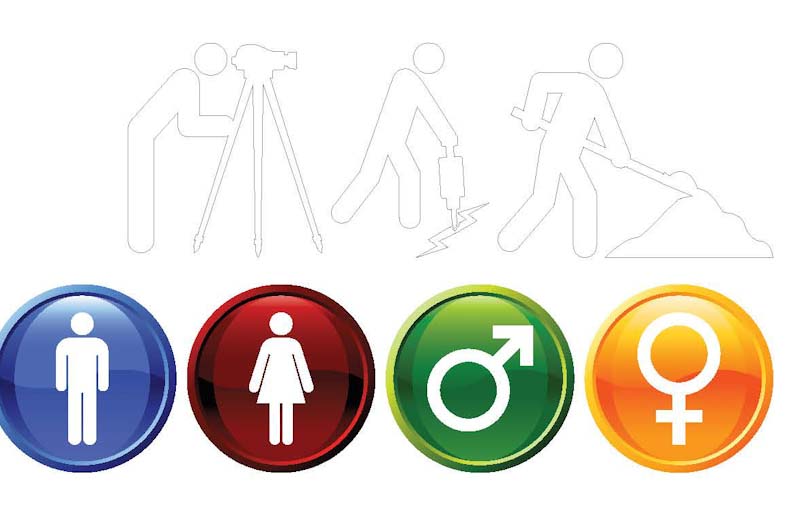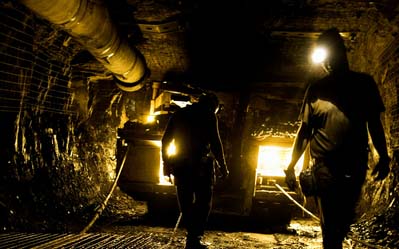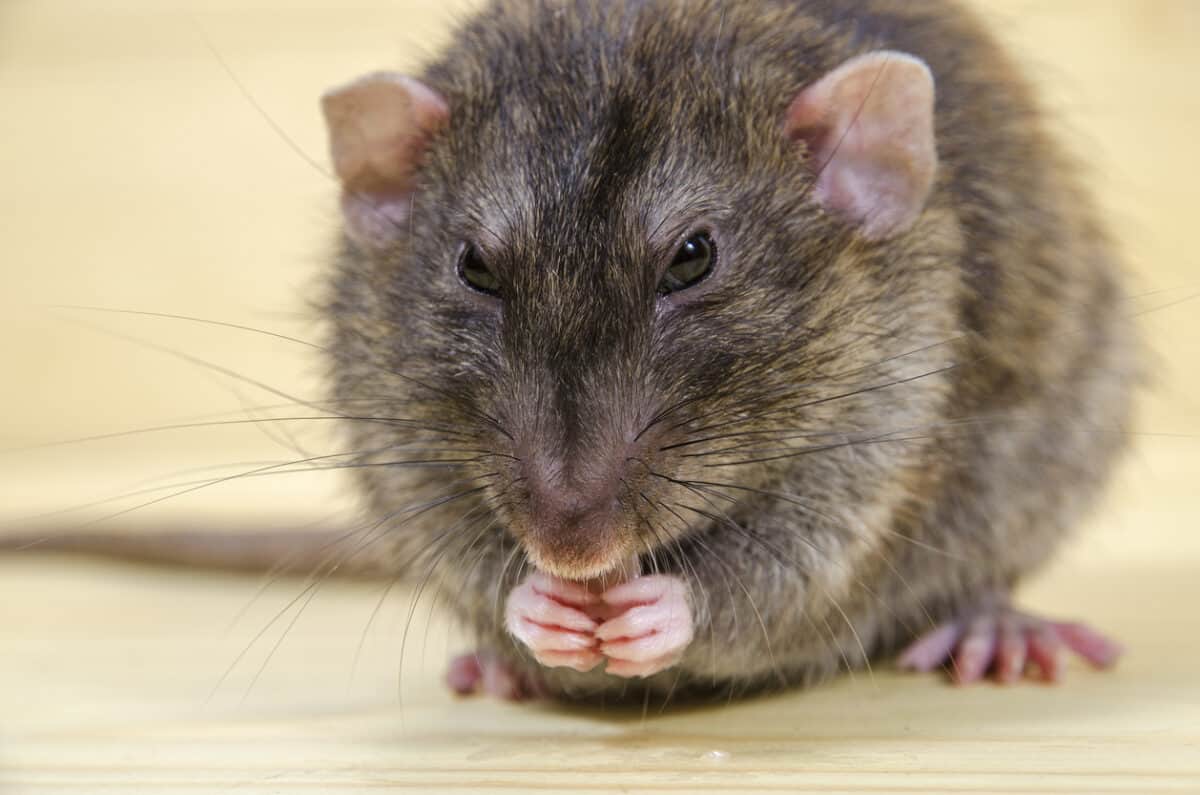There are many similarities between the management of occupational health and safety (OHS) and environment protection. Both seek to prevent and/or mitigate harm, and both have similarly focussed legislation. However, this similarity extends to vulnerabilities in each approach. Neither discipline is solely responsible for the lack of progress in prevention and protection, but both have not realised their potential for change.
Category: diligence
Hypocrisy is the biggest drag on OHS achievement
It is impossible to write about occupational health and safety (OHS) without mentioning hypocrisy – when one’s actions fail to meet the commitments we espouse. An important example was identified by a SafetyAtWorkBlog reader concerning the damning inquiry into Queensland’s public sector culture.
Several years ago, Queensland’s work health and safety authority issued a “Five year strategic plan for work health and safety in Queensland 2019 -2023” infographic that states this Goal:
“Queensland Government is a model client/employer and leader in work health and safety.”
Update on the status of national psychologically healthy workplace regulations
The Australian Chamber of Commerce and Industry’s Jennifer Low appeared on a recent episode of the Psych Health and Safety Podcast and, as a member of the Safe Work Australia (SWA), was able to provide an update on the new psychosocial regulations section, which is to be inserted into the Model Work Health and Safety Laws this year.
‘Enough was Enough’ over a decade ago and the mining industry failed to act then
The recent report on sexual harassment at West Australian mine sites deserves national attention for several reasons. The stories are horrific, partly because many of us thought such stories were in the distant past. The fact that many are recent should shock everyone into action.
The report “Enough is Enough”is highly important, but its newsworthiness seems disputable. Some media have covered the report’s release but the newsworthiness, in my opinion, comes less from this one report but from the number of reports and research on sexual harassment, bullying, abuse, disrespect and more in the mining sector over the last twenty years that have done little to prevent the psychosocial hazards of working in the mining and resources sector and especially through the Fly-in, Fly-Out (FIFO) labour supply process.
New Hopkins book aimed at CEOs
Professor Andrew Hopkins‘ latest book “Sacrificing Safety – Lessons for Chief Executives” complements Queensland’s Board of Inquiry into the Grosvenor mine fire in which five workers were severely burnt, a significant workplace incident for which the company, Anglo American, will not be prosecuted. Hopkins explains that the Board of Inquiry chose not to investigate the organisational causes of the incident; a situation this book seeks to redress.
The book starts with a bang in the Introduction, with a paragraph that will stay with me for some time due to its blunt honesty:
Look to Enforceable Undertakings for OHS lessons
There are more work health and safety lessons from a Near Miss incident than a workplace death. There is also more information about how occupational health and safety (OHS) should be managed in an Enforceable Undertaking (EU) than there is from a prosecution.
Recently there were several EU’s in Queensland that illustrated these OHS management lessons. Here’s a discussion about one of them
We should give a fat RAT’s clacker about COVID-19 testing
Australia’s strategy for combatting the COVID-19 pandemic is almost entirely based on vaccinations. The supplementary control measures of increased ventilation, social distancing, mask-wearing and hygiene are still vitally important but have dropped off the radar a little in the rush to maximise the number of vaccinated citizens and workers. One of the measures not currently listed on the Safe Work Australia COVID-19 website (at the time of writing) is rapid antigen testing (RAT), even though this screening method is integral to reopening businesses in the United States.
RAT has started to appear in Australia. It is a valuable tool, but it is not a replacement for the medical PCR test, and there are administrative considerations that affect the occupational health and safety (OHS) management of COVID-19.







